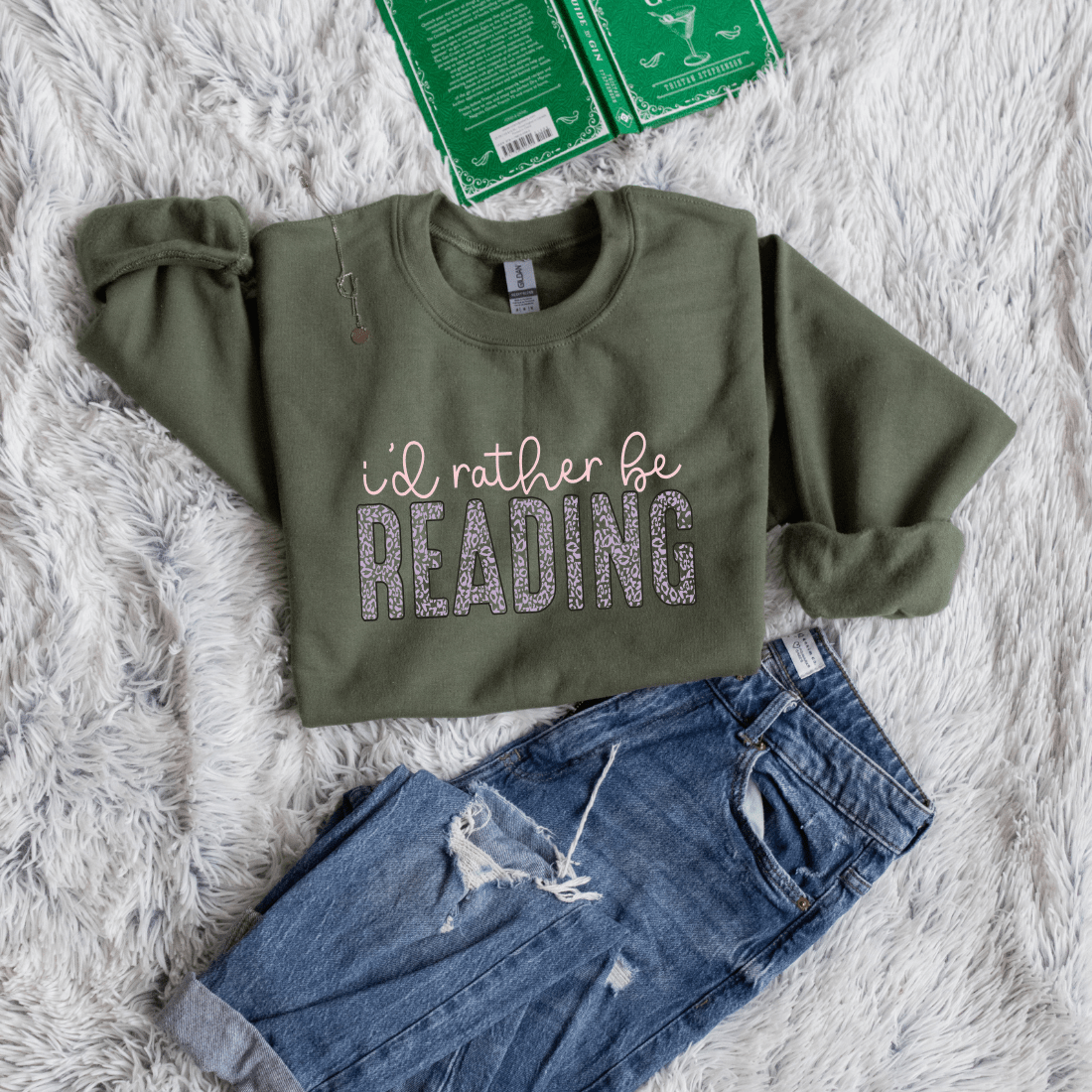
Books That Explore Mental Health with Honesty and Compassion
Table of content
- 1. Key Takeaways
- 2. Why Honest Mental Health Books Matter
- 3. Memoirs That Tell It Like It Is
- 4. Fiction That Doesn’t Flinch
- 5. Books for Young Adults Navigating Tough Emotions
- 6. Graphic Novels that Illustrate the Inner World
- 7. Books for Mental Health Awareness Month (And Beyond)
- 8. Creating a Mental Health Reading Club
- 9. Where to Go Next: Support, Resources, and Helplines
Key Takeaways
- Mental health books support healing, empathy, and understanding.
- Honest writing reduces stigma and encourages open conversations.
- Both fiction and nonfiction offer valuable insights.
- Mental health themes are accessible across all age groups.
- Great for personal reading or book club discussions.
- Pairing reading with mindful routines enhances the experience.
- Includes two external mental health resources for support.
Why Honest Mental Health Books Matter
Books that talk openly about mental health help people feel less alone. They show that others have gone through similar things. Whether it’s anxiety, depression, grief, or something else, stories make it easier to understand what’s happening inside.
- They provide comfort without giving direct advice.
- They spark important conversations in book clubs or between friends.
- They help break the silence around emotional pain.
Reading about mental health also helps reduce stress. Learn more in Why Reading Reduces Stress.
Memoirs That Tell It Like It Is
Memoirs give real-life insight. The best ones don’t try to hide the hard parts. They speak with raw honesty. Books like The Collected Schizophrenias by Esmé Weijun Wang or I'm Glad My Mom Died by Jennette McCurdy show how powerful it is to tell your own story.
- You get the facts and emotions together.
- You see what healing can look like, even if it’s messy.
- You learn how people find strength in vulnerability.
Pair this with self-care reads like Books That Help with Stress Relief and Relaxation.
Fiction That Doesn’t Flinch
Fiction gives us a safe place to feel strong emotions. It lets us walk through someone else’s experience without judgment. Books like Turtles All the Way Down (anxiety and OCD) or Eleanor Oliphant Is Completely Fine (depression and trauma) give a deeper emotional understanding.
- Fiction helps build empathy.
- It’s easier to talk about feelings through characters.
- These stories can inspire readers to seek help.
For more emotional stories, visit Inspiring Biographies and Stories.
Books for Young Adults Navigating Tough Emotions
Teenagers often deal with strong emotions they don’t know how to explain. Books can help. Titles like It’s Kind of a Funny Story by Ned Vizzini or Darius the Great Is Not Okay by Adib Khorram are honest about anxiety, depression, and identity.
- These books are relatable and honest.
- They show it’s okay to ask for help.
- They’re great tools for school groups or youth book clubs.
See also Top Book Series for Young Readers.
Graphic Novels that Illustrate the Inner World
Not everyone connects best with long paragraphs. Some readers prefer images. Graphic novels like Marbles by Ellen Forney or Depression & Other Magic Tricks use art to explain how it feels inside.
- Easy to understand for visual learners.
- Great for readers with attention challenges.
- The drawings often say what words can’t.
Explore visual storytelling in Books That Read Like Movies.
Books for Mental Health Awareness Month (And Beyond)
Mental health shouldn’t only be talked about once a year. But special months like May give us a reason to highlight it. These books work well in reading groups or as gifts.
- Create a themed reading list for your club.
- Add bookmarks with positive affirmations.
- Host a check-in session after reading.
Start planning with Fall/Winter Book Recommendations.
Creating a Mental Health Reading Club
Book clubs are great for support. Choose books that speak honestly. Make sure it’s a safe, no-pressure space. You don’t have to fix each other. Just listen, share, and learn together.
- Let members skip meetings without guilt.
- Offer multiple book choices each month.
- Use journals to reflect in private.
Get tips in Guide to Starting a Book Club.
Where to Go Next: Support, Resources, and Helplines
Reading is a great start, but it’s not everything. If someone needs help, they should know where to go. Here are two trusted resources:
You can also explore How to Read More Books Throughout the Year if you're trying to build a healthier reading routine.
What are the best books for someone new to reading about mental health?
Try memoirs like The Collected Schizophrenias or relatable fiction like Eleanor Oliphant Is Completely Fine.
Can reading really help mental health?
Yes, it helps people feel seen and less alone. Books offer comfort, insight, and emotional language.
Are there mental health books for teens?
Yes. Books like Darius the Great Is Not Okay speak directly to teen experiences.
How do I start a mental health book club?
Use tools from our book club guide, choose honest titles, and create a no-pressure space.







